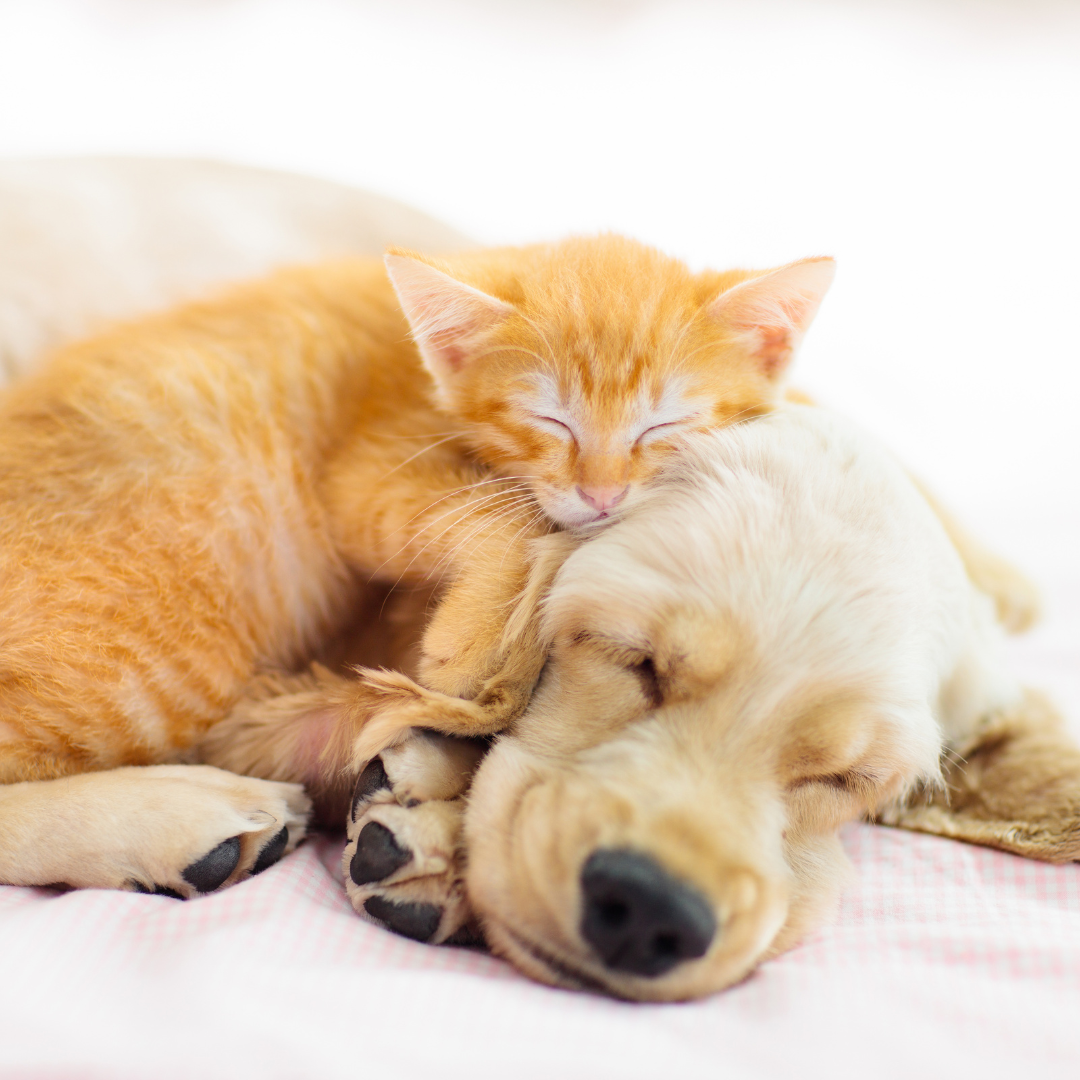
Welcoming a new puppy or kitten into your home is an exciting milestone, filled with anticipation and joy. However, to ensure a smooth transition for your furry companion, thoughtful preparation is essential. Creating a safe, comfortable, and nurturing environment lays the foundation for your pet’s well-being and eases their adjustment to their new surroundings.
Kittens and puppies are naturally curious, eager to explore every nook and cranny. Begin by scanning your home for potential hazards. Secure loose electrical cords, remove toxic plants, and store cleaning supplies or medications out of reach. Small objects that could be swallowed should be picked up, while sharp corners and unstable furniture need to be stabilized or blocked off. Install baby gates if certain rooms should remain off-limits, and check that windows and balconies are safely screened.
Your new pet will need a cozy, quiet area where they can retreat and feel secure. Set up a bed or crate lined with soft blankets in a low-traffic part of your home. For kittens, add a scratching post and a litter box in a private, accessible location. Puppies benefit from a crate for housetraining and a designated potty spot outdoors. Provide age-appropriate toys to encourage play and mental stimulation, helping to reduce anxiety and boredom during their first days.
Preparing your home thoroughly not only safeguards your new puppy or kitten but also provides peace of mind for you as a pet owner. With these steps in place, you’re ready to embark on a joyful journey together, starting your relationship on the best possible footing.
Welcoming a puppy or kitten into your home is a joyful experience, but it also comes with important responsibilities—one of the most crucial being the establishment of a proper vaccination schedule. Vaccinations play a pivotal role in safeguarding your new companion from a range of potentially life-threatening diseases. Understanding which vaccines are essential, when they should be administered, and why timely scheduling matters can set the foundation for a lifetime of good health.
Core vaccines are those considered vital for all puppies and kittens, regardless of lifestyle or location. For puppies, these typically include vaccines against canine distemper, parvovirus, hepatitis, and rabies. Kittens, on the other hand, require protection against feline panleukopenia, calicivirus, rhinotracheitis, and rabies. These diseases are highly contagious and often fatal, making timely vaccination not just a recommendation, but a necessity.
Delaying or skipping vaccinations can leave your puppy or kitten vulnerable during their most susceptible stages of development. Sticking to a veterinarian-recommended vaccination timeline ensures that your pet builds immunity at the right intervals, reducing the risk of illness and supporting overall well-being.
Understanding and adhering to essential vaccination schedules is a fundamental step in responsible pet ownership. With the right start, your puppy or kitten can look forward to a healthy, happy life by your side.
Welcoming a new puppy or kitten into your home is a joyful experience, but it also introduces a host of responsibilities—none more crucial than ensuring your young companion receives the proper nutrition. During the early stages of life, puppies and kittens undergo rapid growth and development, making their dietary needs significantly different from those of adult animals. Understanding the fundamentals of pet nutrition lays the foundation for a lifetime of health and vitality.
Puppies and kittens require a diet rich in high-quality protein, healthy fats, vitamins, and minerals to support bone development, muscle growth, and immune system maturation. Unlike adult pets, their bodies are constantly building new tissue, which demands nutrient-dense meals formulated specifically for their age group. Feeding them adult pet food or homemade diets without veterinary guidance can lead to nutritional deficiencies or imbalances.
Fresh, clean water should always be available, as proper hydration is vital for digestion and overall health. While most commercial puppy and kitten foods are well-balanced, consult your veterinarian before introducing supplements. Certain breeds or individuals with specific health concerns may benefit from additional vitamins or minerals, but unnecessary supplementation can be harmful.
Providing optimal nutrition during these formative months sets the stage for robust health, laying a strong foundation for your puppy or kitten to thrive. As you become familiar with their dietary preferences and needs, you’ll deepen the bond with your new companion, ensuring their growth is supported every step of the way.
Welcoming a new puppy or kitten into your home is an exciting adventure, but it also comes with the responsibility of shaping their behavior from the very start. Early training and socialization are essential for raising a well-mannered, confident companion. By focusing on these foundational steps, new pet owners can set their furry friends up for a lifetime of positive interactions and stress-free experiences.
Consistency is key when it comes to training young pets. Set a daily schedule for feeding, playtime, and bathroom breaks (for puppies), as this helps them learn what to expect and when. Routine not only fosters a sense of security but also accelerates the learning process for basic commands and house rules.
Both puppies and kittens respond best to positive reinforcement. Use treats, praise, or gentle petting to reward desired behaviors, such as sitting on command, using a litter box, or coming when called. Avoid punishment, as it can create fear and anxiety, making training more difficult. Instead, redirect unwanted behaviors and immediately reward the correct actions, reinforcing good habits in a gentle, encouraging way.
Introducing your pet to new sights, sounds, people, and other animals during their early weeks is crucial for their development. Arrange safe, supervised playdates with other vaccinated pets or expose them to different environments, like parks or bustling streets. This exposure helps puppies and kittens become adaptable, reducing the risk of fear or aggression later in life.
By blending consistent routines, positive reinforcement, and gradual socialization, new pet owners can nurture well-adjusted, happy companions. A strong foundation in these early days will make future training smoother and your bond even stronger.